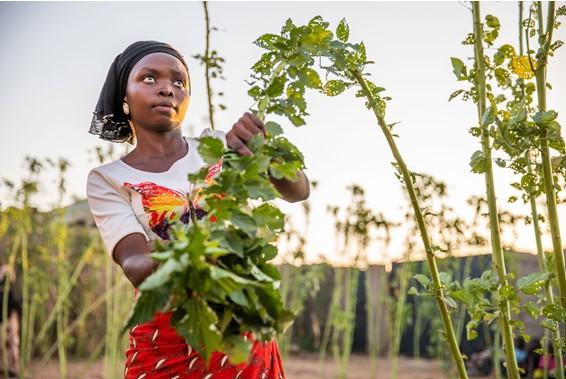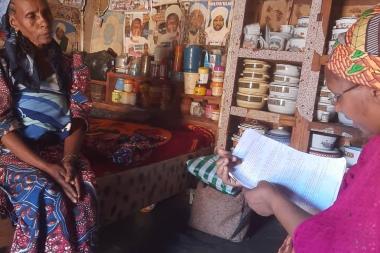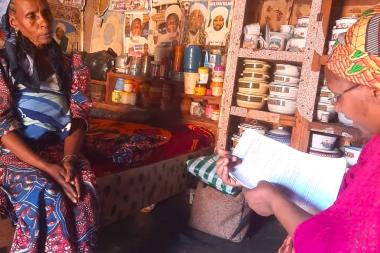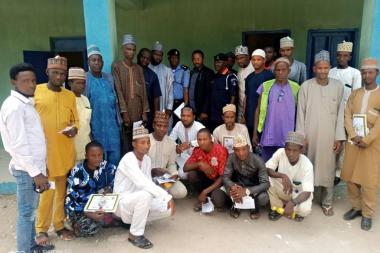Living with compounding livelihood shocks: How agropastoralists in Nigeria's drylands are coping and adapting
This paper discusses the effects of compounding shocks and stresses in agropastoral communities in Nigeria. It presents findings on the ways that households are coping and adapting to uncertainty.
This report is one in a series of SPARC publications that will present longitudinal findings from qualitative interviews with pastoral, agricultural and agropastoral participants in Nigeria, South Sudan and Somalia.
The specific topics explored in each round of interviewing will change over the lifetime of the SPARC programme to address emerging learning priorities. However, this report, and the study more generally, is guided by three overarching research questions:
What are the shocks currently affecting the livelihoods of agropastoral populations in Nigeria?
In what ways are people adapting their livelihoods in the face of the compounding shocks and stresses, including Covid-19, and what types of livelihood adaptations are proving more or less successful?
What types of formal and informal support or factors are helping people to manage the impacts of major shocks and stresses on their livelihoods?
The report finds that the challenges agropastoralists in Nigeria’s drylands face are varied. If unaddressed, compounding shocks, including but not limited to the Covid-19 crisis, threaten to undermine the long-term resilience of these agropastoral livelihoods.
In many cases, shocks affect people within the same community in dramatically different ways. The perception that aid interventions are singularly focused on curtailing the spread of Covid-19, to the exclusion of other longstanding livelihood challenges, risks driving resentment and scepticism towards aid actors within targeted communities.
In response to these compounding shocks, agropastoralists in Nigeria’s drylands are turning to an array of coping and adaptive strategies. However, only time will tell if these strategies are short-term coping mechanisms to weather unprecedented volatility, or a signifier of more permanent adaptation changes to rural livelihoods in Nigeria.



